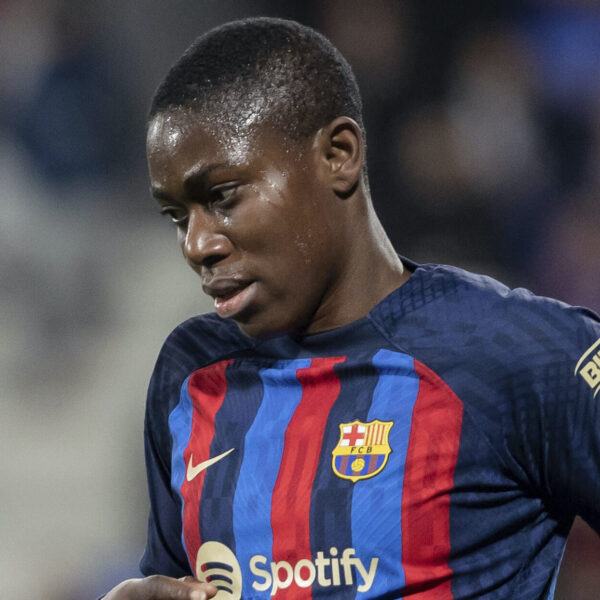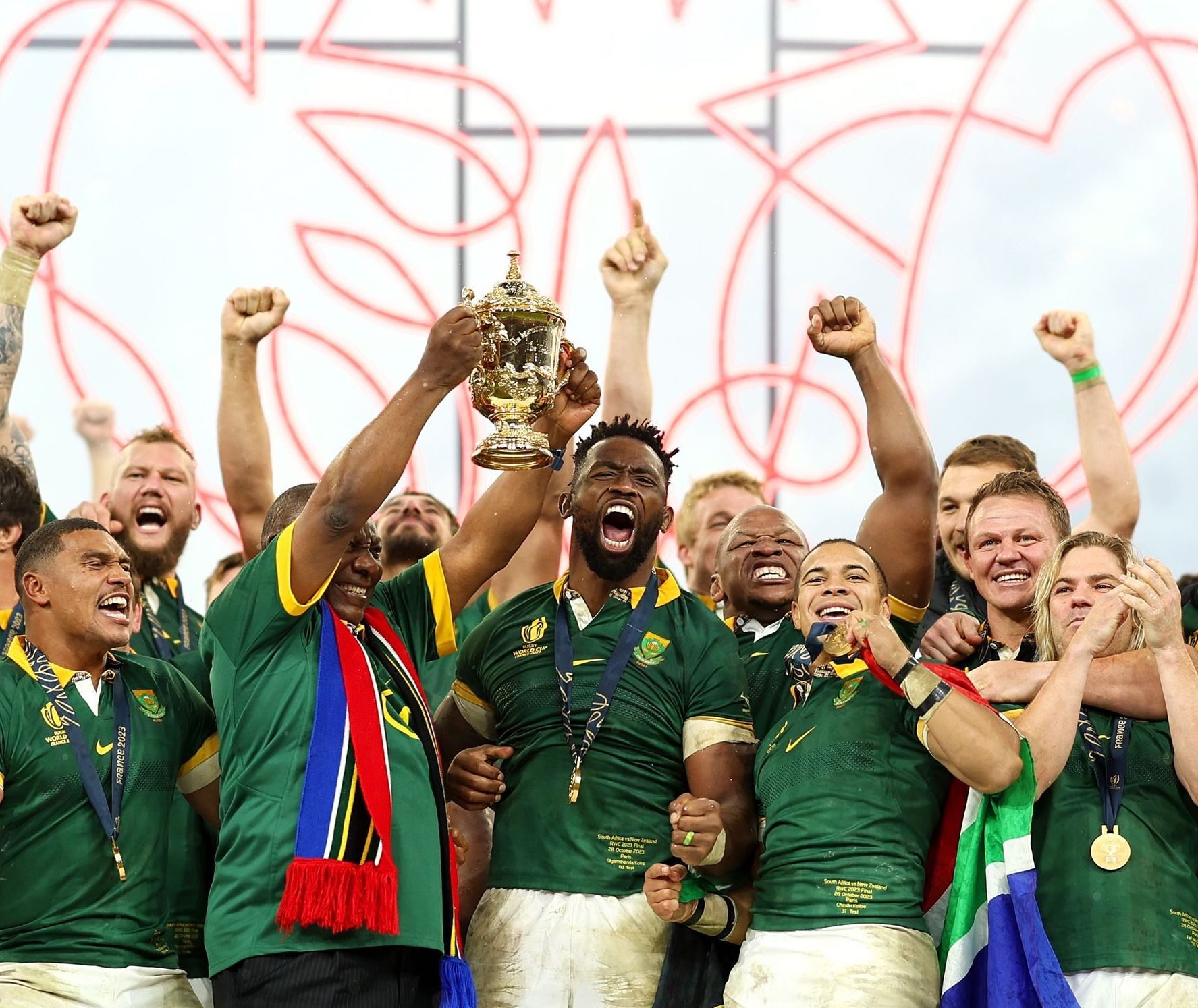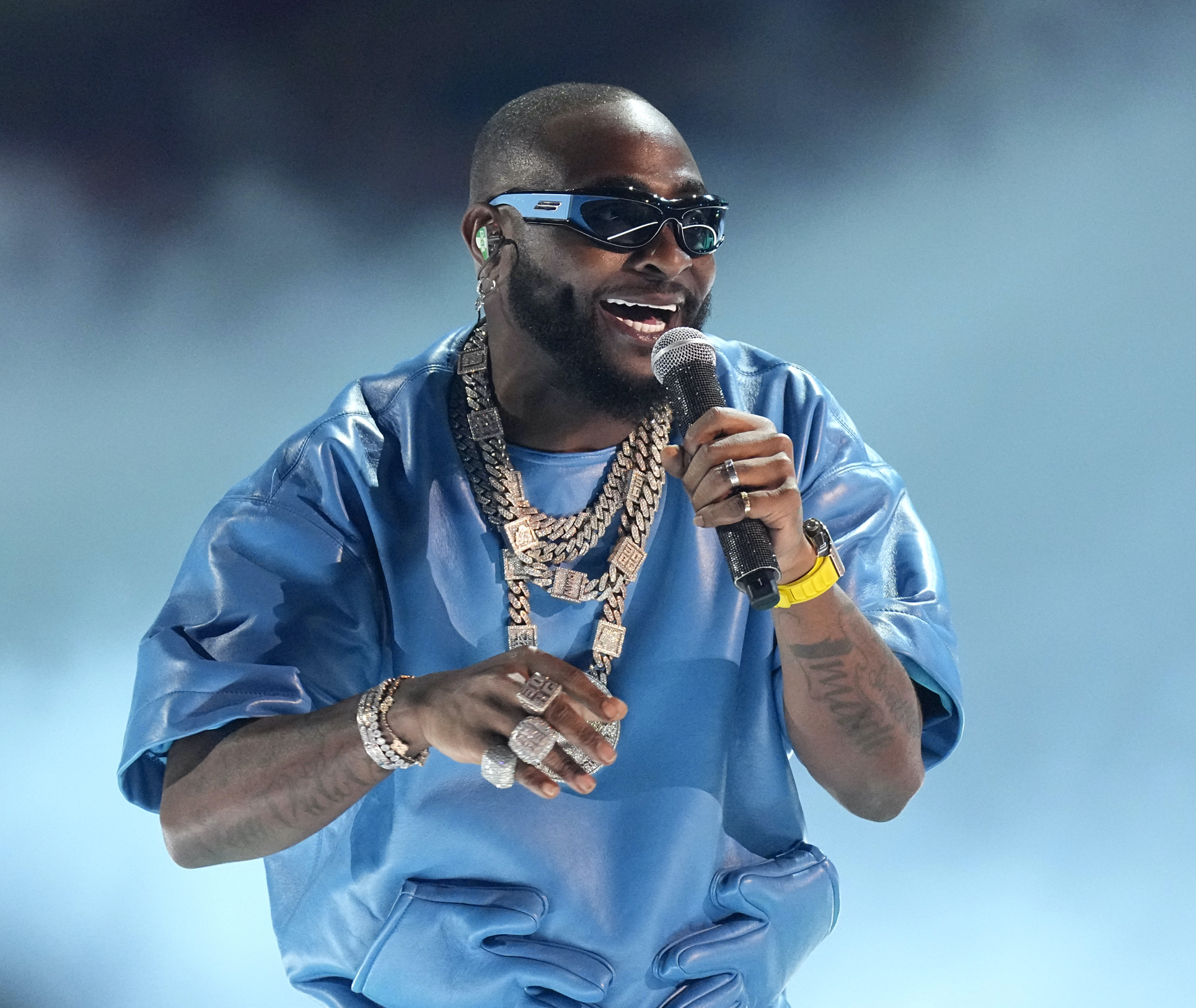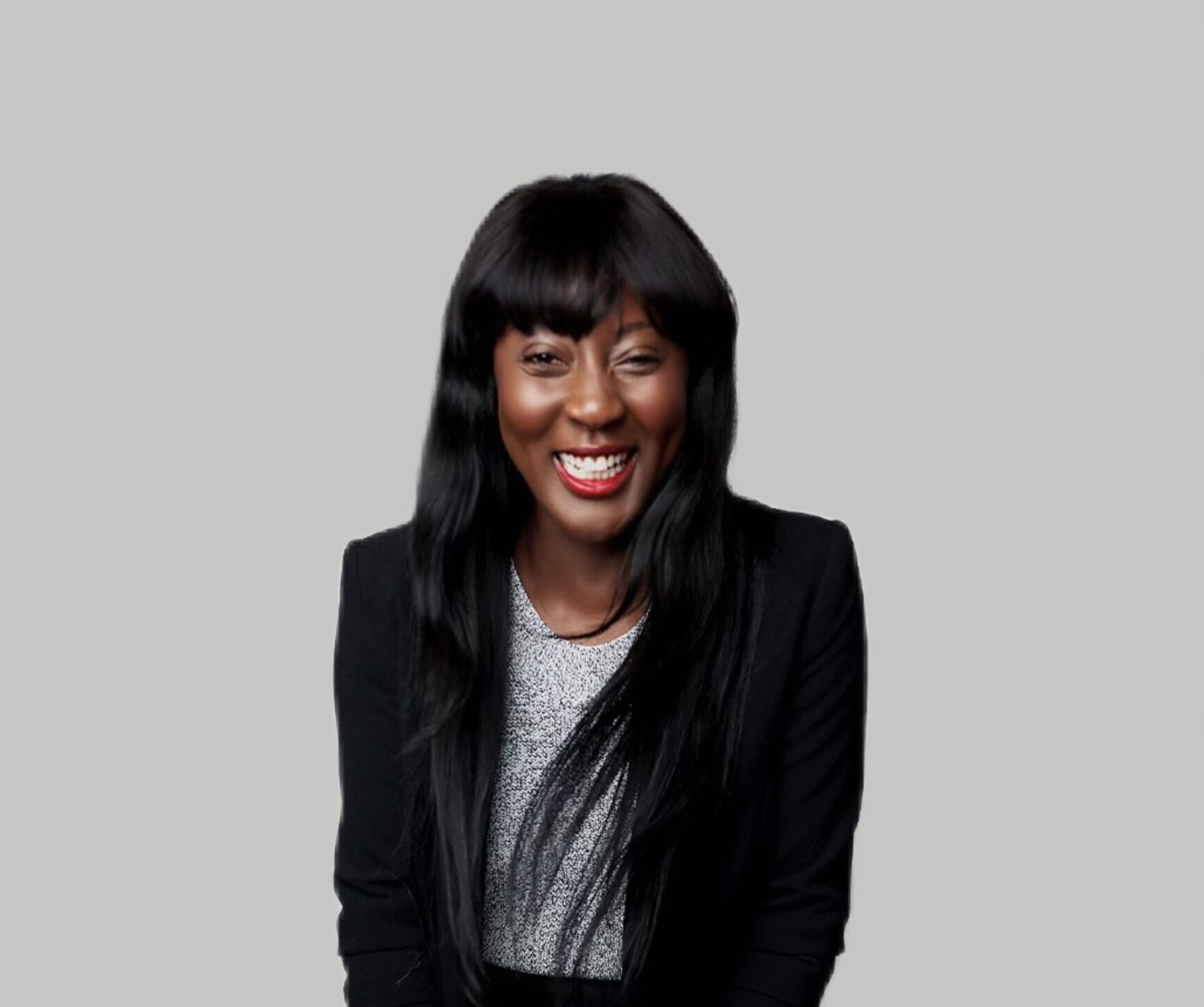
Photo credit: AP Images
Sports
Counting the Legends: African Sportswomen Keep Forging Ahead

Photo credit: AP Images
By Kingsley Kobo
December 2023
Long gone are the days when sporting activities in Africa were largely regarded as men’s affairs. The few women at sporting events were mere spectators, cheering boys and men as they performed. However, things are changing fast, as male spectators now purchase tickets to watch women athletes take the center stage.
“Before, there was no interest or reason. Parents didn’t allow their girls to take part in sports because they felt it was a waste of time and that there was no future in it. We understand their position because there were no systems and structures for women’s sports in most African countries,” Bestine Kazadi told STATEMENT. She was the first woman elected president of a football club (Vita Club) in the DR Congo.
“However, it has gradually evolved from just a sporting activity to a full career, with grassroots interest soaring by the day thanks to the African women who have paved the way for others. I was honored to attend a ceremony in Cameroon where a female footballer based in Europe was handing the keys of a new house (a duplex) and a brand new SUV car to her father. It was talk of the town. Every little girl wanted to go into sports in the hope of succeeding and giving back to their families and communities,” she said.
Over the years, state authorities and sports governing bodies across the continent have been investing in infrastructure, programs and campaigns to elevate women’s sports. In most countries, every established institution designated for men’s sports now has a women’s equivalent. For example, football (soccer), basketball and volleyball now have women’s leagues, with professional clubs competing under a seasonal calendar.
Budgets and incentives have improved to allow female teams to attend regional and international competitions like the Women’s Africa Cup of Nations, CAF Women’s Champions League, FIFA Women’s World Cup, AfroBasket Women, the Olympic Games, etc.
Those efforts are gradually paying off, as Africa now boasts a growing list of professional sportswomen, who play their trades in Europe, North America and in Asia, with some already achieving club and country legendary status, like Nigeria’s Asisat Oshoala.
Asisat Oshoala
The 29-year-old, who plays as a striker for Barcelona and the Nigeria women’s national team, has scored 83 goals in 89 appearances for her club and 31 goals for the Super Falcons, her impressive record only barely surpassed by former Nigerian captain Perpetua Nkwocha, who holds the top scorer record with 80 goals.
Oshoala has won the UEFA Women’s Champions League twice with Barcelona, becoming the first African woman to win the prestigious competition in 2021. She has been named as African Women’s Footballer of the Year five times and is on track to grab a sixth. The NIKE Ambassador was named to Forbes 30 Under 30 in 2021.
Dulcy Fankam Mendjiadeu
While the NBA is quite popular in Africa thanks to a substantial TV coverage and the presence of African players in the league, the WNBA, is relatively unknown. Cameroonian-born Dulcy Fankam Mendjiadeu, who plays for Seattle Storm, is helping draw some well deserved attention to the championship.
The 2017 AfroBasket Women tournament became a launchpad for her WNBA career when she representedCameroon. The 24-year-old made an impression on the Indomitable Lionesses captain, Ramses Lonlack, who smoothed the path for Mendjiadeu’s move to the United States, and ascension to the WNBA. She is currently one of two African-born players in the WNBA, alongside Malian-born Sika Koné of Chicago Sky.
Sifan Hassan
The 30-year-old still brings pride to Africa despite competing for the Netherlands, her adopted country. Sifan Hassan was born in Ethiopia, but left for Europe as a refugee in 2008 and became a Dutch citizen in 2013. She is a two-time Olympic gold medallist (5000 and 10,000 meters) and two-time world champion gold medallist (1,500 and 10,000 meters).
This year, she won the Bank of America Chicago Marathon, stunning the world with an unofficial record of 2:13:44, to best the 2019 record of 2:14:04 set by Brigid Kosgei, becoming also the second-fastest women’s marathon runner of all time. When she clinched gold in the 1,500 and 10,000 meters at the World Athletics Championships in 2019, she became the only athlete (male or female) in history to win both titles at a single event.
Zandile Ndhlovu
Historians and experts have claimed investment and interest in water sports remains low on the continent because “black people are afraid of water,” but Zandile Ndhlovu is breaking down the stereotype and creating a new narrative.
When she completed a scuba diving course and received her certification, she became the first black South African free-diving instructor (male and female). Ndhlovu says she wanted to teach and share her knowledge with the world. The impact is already being felt in her homeland. “I’ve seen an increase in representation and ocean-related experiences,” she has acknowledged.
Fatma Samoura
Beyond the field, African women are also visible in sports administration, serving as CEOs of top-tier clubs, as presidents and vice presidents of football associations, as members of the CAF executive committee and others. Fatma Samoura of Senegal is one of those illustrious sports administrators, who has raised the bar with her achievements in the male-dominated sphere.
The 61-year-old former diplomat has been serving as the first female Secretary General of FIFA since June 2016. The role had been occupied by white men for 100 years prior to her appointment. Although she will step down in December 2023, she remains an icon in the football world. Forbes ranked her Number 1 in their 2018 Most Powerful Women in International Sports list, while the BBC named her in their 100 Women.
Isha Johansen
No list is complete without this vibrant and indefatigable sports personality. Isha Johansen was elected as the president of the Sierra Leone Football Association in 2013, becoming the third woman in Africa to hold that position after Lydia Nsekera of Burundi Football Association (2004-2013) and Izetta Sombo Wesley of Liberia FA (2004-2010).
In 2015, Johansen became the first woman to be appointed as a member of FIFA’s Integrity and Security Committee. She was also an executive committee member of the Confederation of African Football (CAF) from 2017–2021. In 2004, she founded her own football club, F.C. Johansen, in Sierra Leone.
We used to call them “Men in Black”, but today we have “Women in Black” and the list is expanding. We are referring to sport referees. African women are getting involved and most of the women’s tournaments in the world, and in Africa, are currently officiated by women. We even have a few officiating as linesmen and match commissioners in men’s tournaments.
Latre-Kayi Edzoma Lawson-Hogban
The Togolese is the first woman to join CAF’s referee committee in 2017. She is also head of the refereeing committee of Togo FA, professor of the laws of football at the National Institute of Youth and Sports of Togo, and has been doubling as a CAF / FIFA referee instructor since 2006.
While most pundits claim that opportunities offered to women in mainstream sports remain insignificant, other experts believe that massive involvement and support from the female fans is lacking and sorely needed.
“We keep blaming stakeholders for neglecting women’s sports, but we forget that women themselves are not supporting women’s sports enough. When you attend women’s competitions in Africa, most of the spectators are men,” Fatou Camara told STATEMENT. Fatou was the president for the central committee and CAF’s match commissioner.
“The involvement of fans lures sponsors and attracts investment. If women don’t stand up to patronize their sports, men will always win.”
“Most women in Africa are reluctant to visit sports arenas even when women are playing. They feel that it’s a waste of time and that only idle men should do that. That is a wrong perception. Sports arenas are for everybody, men and women. The more women become visible in sporting activities the more the pressure would be on the authorities to get things right,” said Mariam Dao Gabala, former president of the normalization committee of Cote D’Ivoire football federation. She became the first woman in the country to hold that position when she was appointed by FIFA in January 2021.


